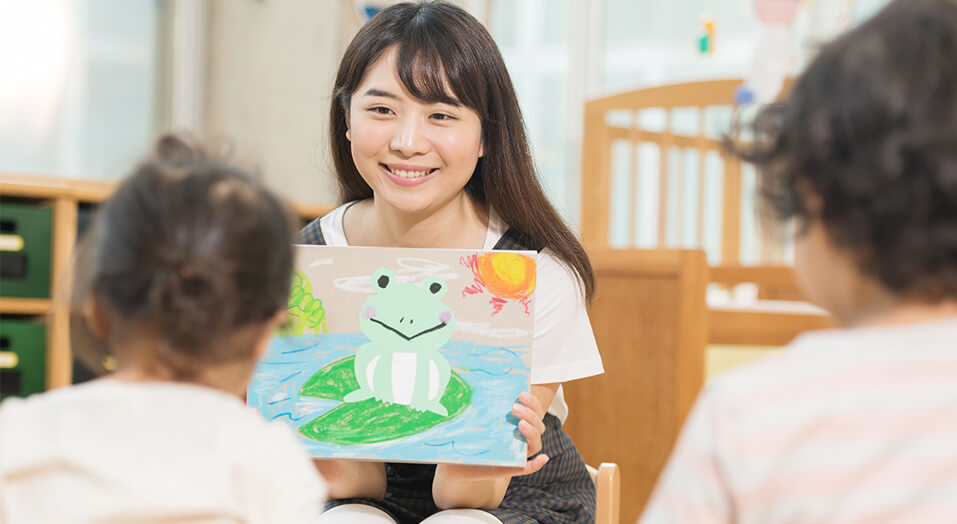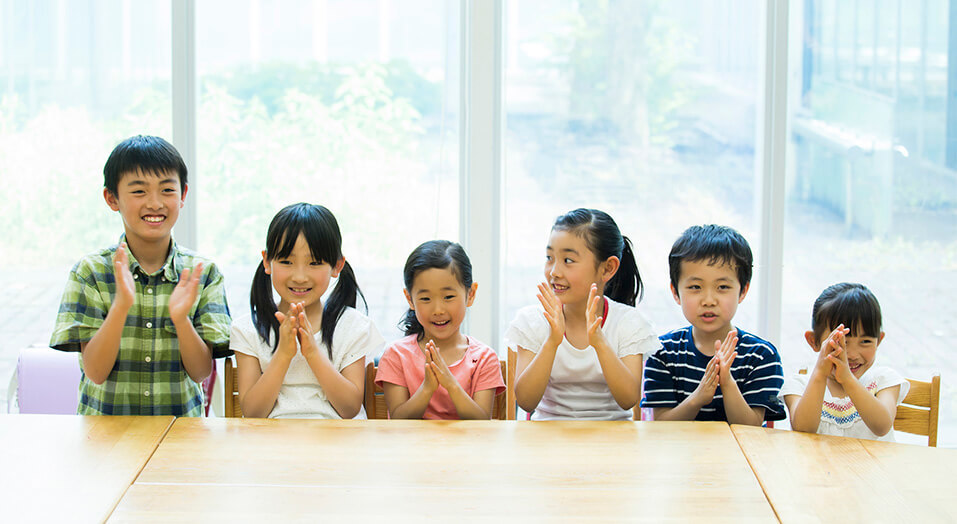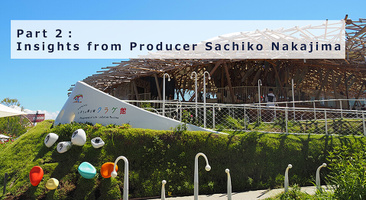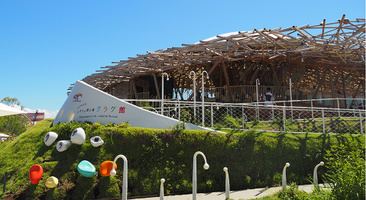COLUMNS
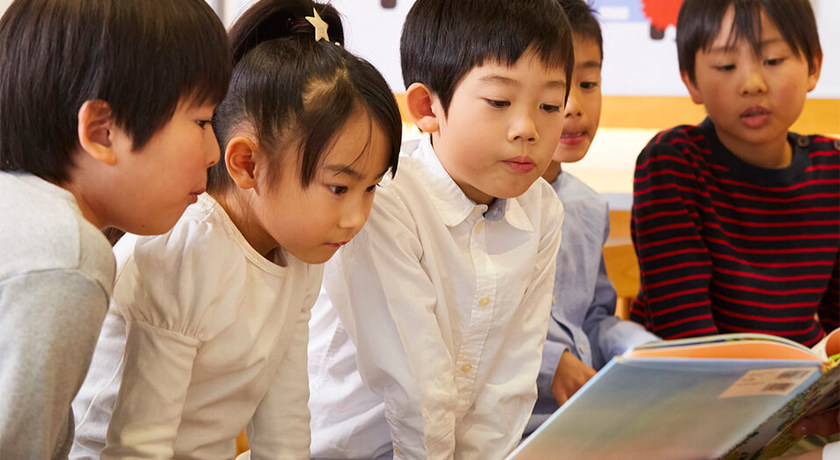
05.08.2019
Children Never Get Bored! How to Create Storytelling Event “Programs”
In recent years, children’s ways of playing have become diverse owing to the spread of portable game devices, smartphones, and other digital devices; more and more children are turning away from books. In such a situation, storytelling events held in libraries and community halls offer good opportunities for them to know how fun books are and find books they want to read.
However, children with insufficient reading habits since an early age are affected by the tendency of not reading books or not being interested in reading, and therefore they experience difficulty in maintaining their concentration despite participating in storytelling events. To address this problem, this installment will introduce measures to draw children’s attention, points to get them voluntarily interested in books and program examples, etc.
Three effects of storytelling events
“Imagination” is increased by stimulating curiosity
Children are interested in the development and ending of a story. Picture books can communicate clear images of a story’s structure and development (introduction, development, turn, and conclusion) to children with illustrations and texts unique to them. Looking at nice pictures will help children cultivate rich sensitivity and develop abilities to imagine scenes in a story. Through such experiences, their intellectual curiosity will be stimulated to desire for reading more picture books, and consequently, children will develop the habit of voluntarily reading books.
“Japanese ability” will be developed more by reading books than by literacy education
Former Ochanomizu University Professor Nobuko Uchida published a report on the cross-national research on the process of acquiring reading and writing skills in early childhood and the impact of environmental factors. According to the report, when conducting literacy education from an early age, economic disparity among households and household investment in education created gaps among 3- and 4-year-old children, while there were little gaps among 5-year-old children. On the other hand, continuously “reading picture books to children” from an early age will make a difference in the “vocabulary abilities” of children along with their growth.
“Concentration” is acquired through the habit of listening to picture books
Compared to TV shows and videos on YouTube, listening to picture books requires concentration. Therefore, once children become fond of picture books, they will sit and listen to the story quietly. By forming the habit of reading picture books to children, it becomes routine for children to concentrate on one thing, and therefore similar changes can be expected in other subjects.
Measures to prevent children from getting bored
When you begin reading a picture book to children, have you noticed them get bored in the middle and run around or make fun of the story and get loud? In a situation where children gather together in one room, if a single child cannot maintain his or her concentration, it may affect other children. Before this happens, it is important to make efforts to ensure that your reading method and the environment will not bore the children.
Tips for reading picture books
When reading imitative words and scene changes, you are recommended to change your voice tone and intonation. It is also effective to incorporate traditional children’s songs, finger plays, and sign language, etc., as part of the storytelling program between intervals of reading. (experience-based program)
Creating an appropriate environment
You should pay attention to selecting a place with little noise in order to prevent children from being distracted. Do not allow them to bring toys that will negatively affect their concentration. You are also recommended to ask parents to refrain from talking with each other and operating smartphones (using SNS, etc.). It is also important to set different times and prepare different books according to children’s ages.
Reference for creation of programs
Introduction of programs actually used in storytelling events (about 30-minute sessions in total)
-
STEP 1
Before beginning
- Welcoming children
- Telling them that the storytelling will begin
-
STEP 2
Introduction
- Greetings (greetings in various countries, greetings by boys alone, greetings by girls alone, greetings by all)
- Traditional children’s songs, finger plays
-
STEP 3
Main part
- Reading to children (2–4 books, with finger plays conducted between intervals)
- Picture-card show (1 show)
-
STEP 4
Wrap-up
- Introducing picture books that are good for reading to children
- Sending children off
Storytelling events are a place where participating children experience joy and fun. Therefore, organizers should attach importance to greetings and communication with children in all processes, from welcoming them to sending them off.
In particular, in the introduction greetings in STEP 2, encourage children to let out their voices on their own so that they can be aware that they are attending the event. When reading to children, you should share the fun of the story with the children by putting pleasant feelings into reading.
Storytelling event that begins with a “candle”
Among techniques to increase concentration of children is a candle, which is used as a means to quiet down noisy children. Before starting the storytelling event, we make children promise not to speak after the candle is lit. Then, we light the candle. When we finish reading, we ask the children to imagine their “wishes” and blow out the candle. By having children focus on the candle during the storytelling time, we try to prevent their concentration from being broken.
Editor’s note
In this installment, I focused on programs for storytelling events that ensure that the children do not get bored and introduced their effects on children and noteworthy points. JCS has held many original storytelling events at Tokyo’s Nerima City Public Library Minamioizumi Library, Ota City Library, and other places. If you are facing difficulty, please do not hesitate to consult us.
Written by Nana Funaki
Staffing Services Department, Staff and Facility Management Division
Japan Convention Services, Inc.
-
Contact Us
Please feel free to inquire and consult us about planning and management of libraries.
Contact Form
